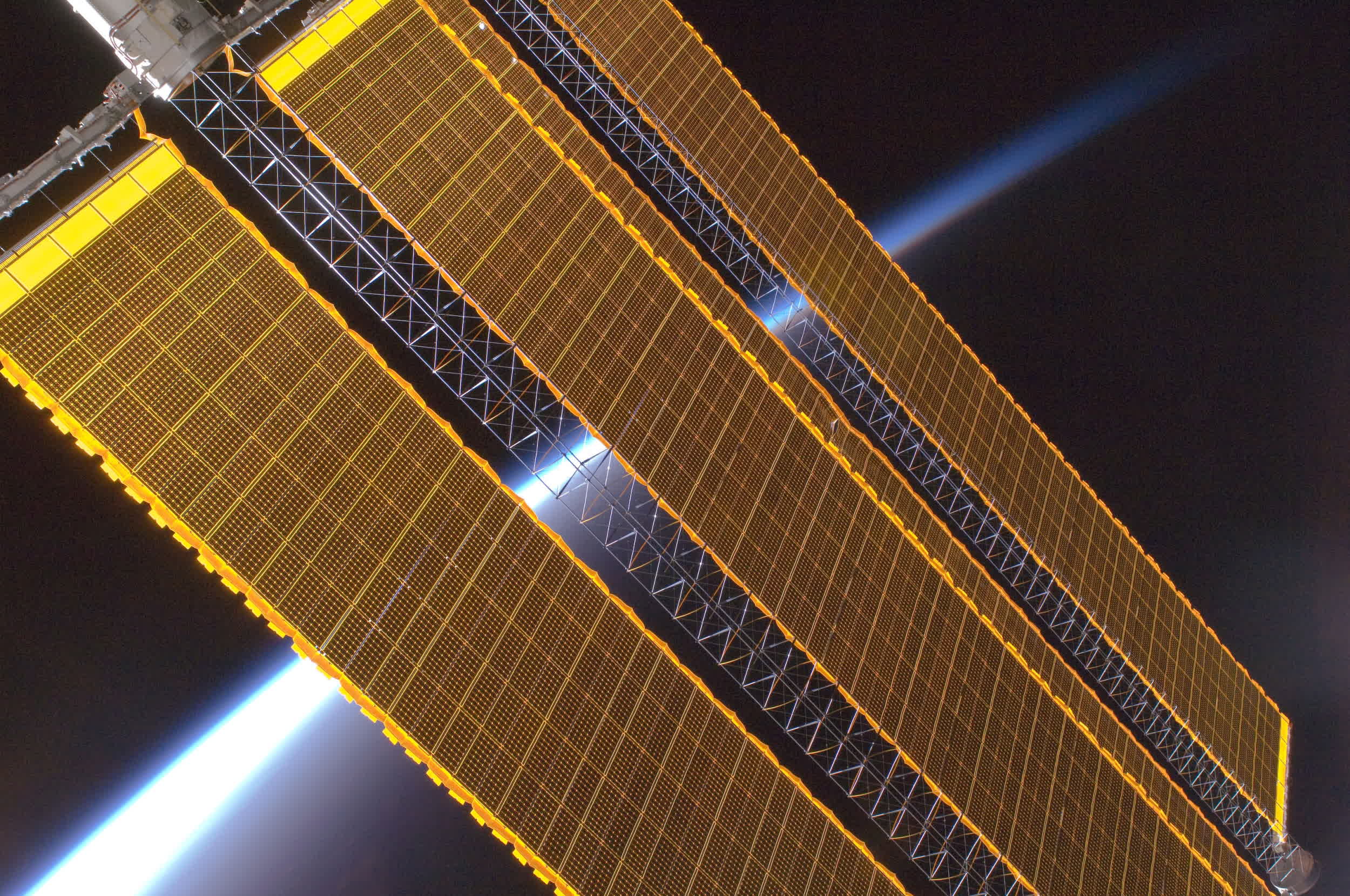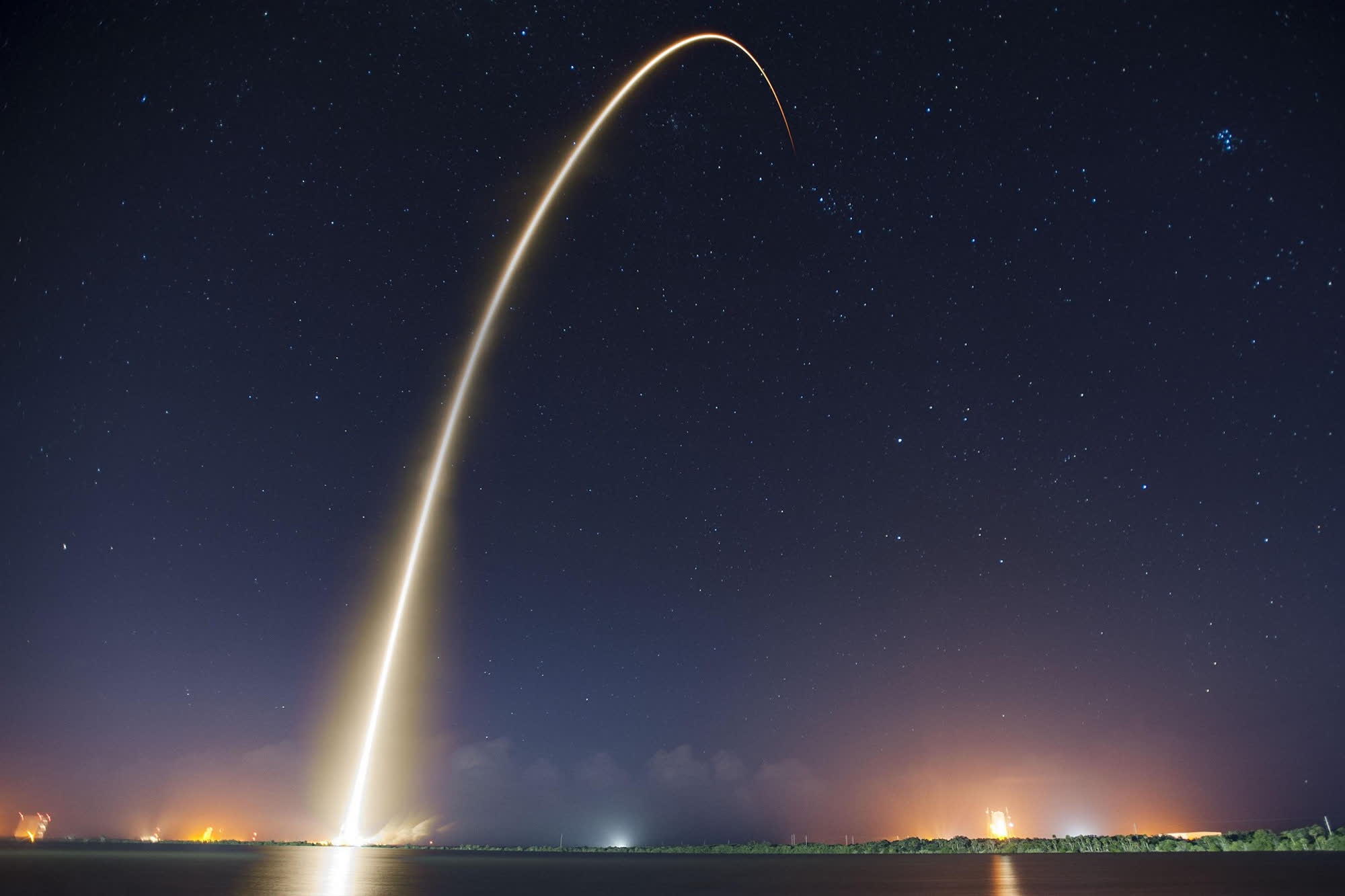Something to look forward to: China accounts for nearly a quarter of the world's energy consumption, with fossil fuels playing a significant role. However, the Asian giant is exploring a different approach to energy harvesting – capturing clean, essentially endless solar power where it is most abundant.

Chinese researchers are working on a new power station project that could gather and convert solar energy directly from space. The station would be 1 kilometer wide and capable of sending solar energy back to Earth in the form of microwave radiation. According to proponents of the project, the energy collected by this new orbiting installation in one year would be equivalent to the total amount of oil that can still be extracted from Earth.
One of the leading scientists behind the new energy plan is Long Lehao, a rocket expert and member of the Chinese Academy of Engineering. Lehao is currently working on Long March 9 (CZ-9), a Chinese super-heavy carrier rocket that was recently updated to be reusable and capable of lifting at least 136 metric tons off the planet's surface.
Beijing plans to use the CZ-9 and other rockets in the same series to send its taikonauts to the Moon. However, it would also be capable of transporting solar panels into a geostationary orbit around Earth. Energy collected in space would have 10 times the density of solar power reaching the surface, as clouds and the atmosphere can significantly affect the harvesting process.

Lehao said that the new project is as significant as moving the Three Gorges Dam to a geostationary orbit 36,000 km above Earth. The Three Gorges Dam, located in the middle reaches of the Yangtze River, is the world's largest power station. The hydroelectric station became fully operational in 2012 and can generate around 100 billion kilowatt-hours of electricity per year.
China is not the only country interested in building space-based solar power (SBSP) projects. US-based contractors such as Lockheed Martin and Northrop Grumman, the European Space Agency, and the Japanese space agency are investigating the feasibility of such projects, though they are still in the proof-of-concept phase.
Lehao's team hopes to solve some of the issues related to SBSP by leveraging its own reusable space rocket technology with the CZ-9 project. China has big ambitions for its space exploration program, as it plans to use Long March rockets to build an international research station on the Moon's surface by 2035.
China's reusable rockets pave the way for space-based solar power